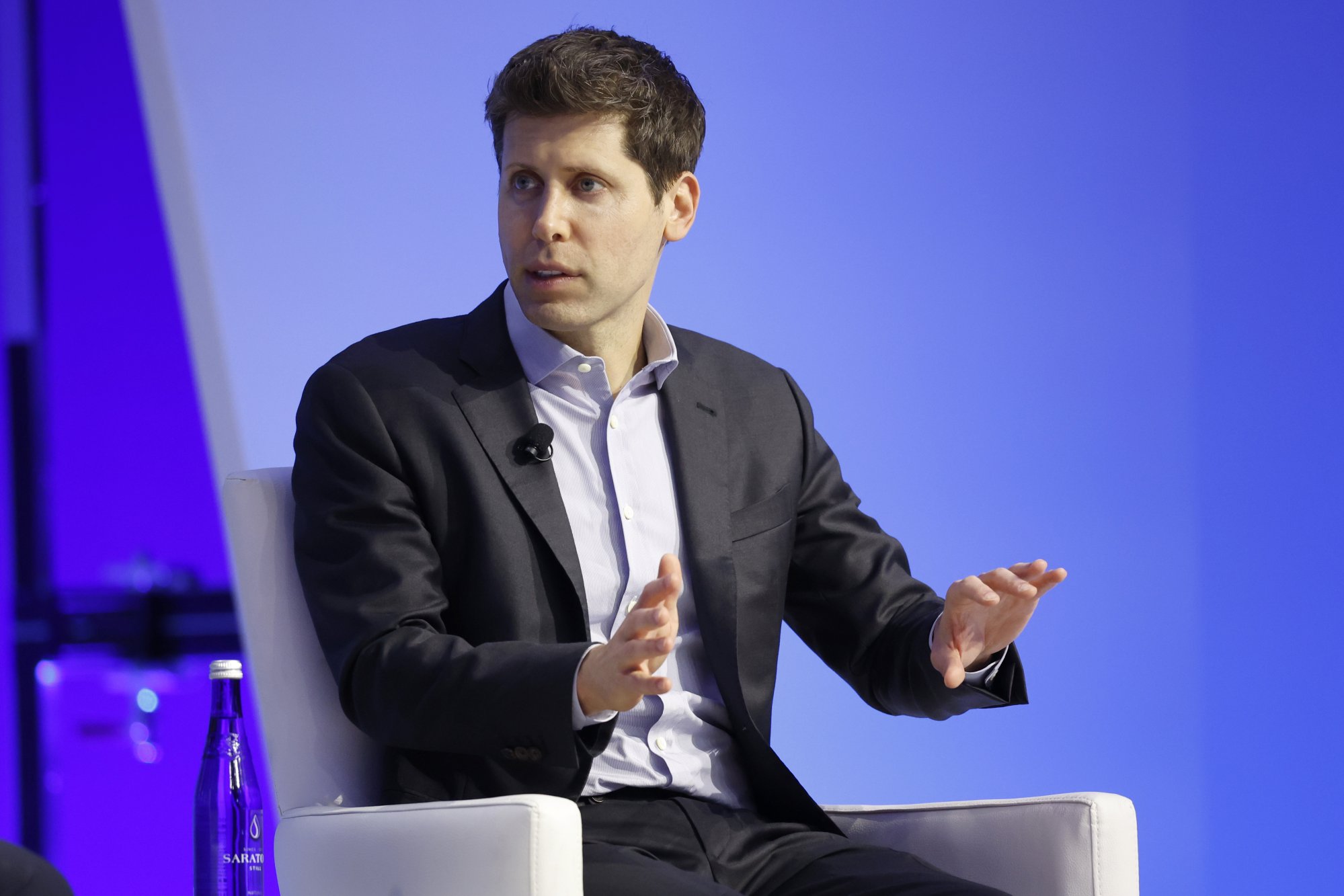Artificial intelligence (AI) powerhouse OpenAI, which took the world by storm with its ChatGPT generative AI application, is now applying for trademarks under the names “GPT-6” and “GPT-7”, as the company continues to push the limits of the technology.
It submitted two Chinese trademark applications for GPT-6 under class 9, which covers apparatus and instruments for scientific or research purposes, and class 42, referring to technological services and design, and two other filings for GPT-7 under the same categories, according to records on the website of the Trademark Office of the China National Intellectual Property Administration.
The applications, still under review, were made by OpenAI OpCo, the major entity of the Microsoft-backed start-up incorporated in San Francisco, California. None of OpenAI’s services are available in China, including Hong Kong.
How ChatGPT, released a year ago, changed the way we interact with AI
How ChatGPT, released a year ago, changed the way we interact with AI
OpenAI did not immediately respond to a request for comment on the trademark sent outside business hours on Sunday.
The American company, which offers no official access to Chinese users, also filed for “GPT-4” and “Whisper” trademarks in April, and another named “GPT-5” in July, but none have received final approval, according to the records on the China National Intellectual Property Administration website.
Since the launch of ChatGPT a year ago, OpenAI has been advancing the capabilities of its large language models (LLMs), a deep learning algorithm that is able to achieve general-purpose language understanding and generation.
ChatGPT was initially built on GPT-3.5, which has 175 billion parameters. In March, OpenAI unveiled a more advanced GPT-4. The company did not disclose how many parameters the latter has, but US news outlet Semafor reported that the total parameter count of GPT-4 is estimated to be more than 1 trillion.
Last month, OpenAI chief executive Sam Altman said in an interview with the Financial Times that the firm was working on GPT-5 and planned to raise more funding from Microsoft to support its efforts in research development.

The interview was published just days before the company’s board of directors made a shocking announcement to fire Altman as CEO. He returned to the CEO’s chair 12 days later after most of the company’s staff threatened to quite over the ouster.
One reason behind the exile was reportedly concern from some company researchers about a powerful AI development that could threaten humanity. Some employees believed that a project, code named Q*, could prove to be a breakthrough in the search for artificial general intelligence, Reuters reported last month.
Altman, upon his return, told employees that one of OpenAI’s priorities was to “advance its research plan” while “further invest in its full-stack safety efforts”, according to an open letter published by the company.




